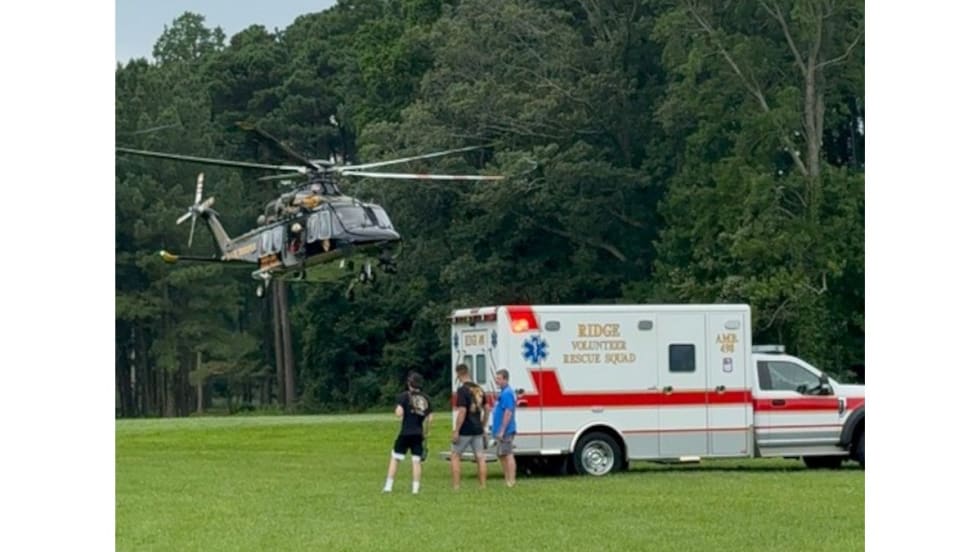Is it always necessary to comply with knock notice before forcing entry to serve a search warrant?
Is it always necessary to comply with knock notice before forcing entry to serve a search warrant? Can a no-knock warrant be issued by the magistrate? If knock notice is required, how long do you have to wait before going in?
For the past few years, the Supreme Court has been addressing these and other warrant-related questions, and we now have some fairly definite answers, including helpful guidelines from a recent opinion.
Knock Notice and the Fourth Amendment
Most states have statutes similar to the federal knock-and-announce law, 18 U.S. Code, section 3109. Typically, these statutes permit officers to break the door or window to get inside to serve a warrant if they are not admitted by the occupants after giving notice of their presence, stating their purpose and authority, demanding entry, and waiting a reasonable time to be admitted.In 1995, the Supreme Court ruled that such a procedure is not only required by statute, but is constitutionally compelled by the Fourth Amendment.
In Wilson v. Arkansas, the court said that even though entry and search might be justified by a valid warrant, the manner of execution of the warrant must still be reasonable, and "in some circumstances, an officer's unannounced entry into a home might be unreasonable under the Fourth Amendment."
The Wilson case did not attempt to list the exceptions to the requirement of the knock-and-announce rule, but did acknowledge there would be times when no announcement would be constitutionally required.
Justifying No-Knock Entries
The 1997 case of Richards v. Wisconsin concerned the issue of whether any category of crimes would automatically permit no-knock entries, because of their inherent dangers. Richards was a suspected drug dealer, and the Wisconsin court took the position that since drug dealers are highly likely to be armed and dangerous, a search warrant to enter a drug dealer's home would never require knock notice.
But the Supreme Court was reluctant to create categories of crimes to which the knock-notice rule would not apply. Instead, the court said that each case must be considered on its own circumstances to determine whether, in that particular case, the situation excused knock-notice compliance. (In the Richards case, the court held that because the suspect saw a uniformed officer and slammed the door before a full knock and announce could be completed, the officers were justified in forcing entry to prevent evidence destruction.)
In Richards, the Supreme Court adopted a reduced standard of "reasonable suspicion" (significantly less than probable cause) to justify unannounced entry, and listed at least three circumstances that could excuse the knock-notice requirement: "In order to justify a 'no-knock' entry, the police must have a reasonable suspicion that knocking and announcing their presence, under the particular circumstances, would be dangerous or futile, or that it would inhibit the effective investigation of the crime by, for example, allowing the destruction of evidence."
Affirming what had been said in the Wilson case, the court repeated in Richards that if reasonable suspicion of danger, futility, or destruction of evidence were set forth in the affidavit, a magistrate could issue a no-knock warrant, and even without advance authorization, officers could still justify immediate entry because of the circumstances they confronted upon arrival.
Justifying Property Damage
Obviously, if you have to force entry, either after having been refused admittance or in exigent no-knock circumstances, there will likely be damage done at the point of entry. The Ninth Circuit Court of Appeals thought that a different analysis should apply when officers do physical damage to the suspect's property. The Supreme Court reversed this ruling.
In US v. Ramirez, a 1998 opinion, the Supreme Court said that as long as forcible entry is justifiable under the Wilson and Richards standards, any necessary damage done to gain entry does not render the entry unreasonable or require greater justification than the entry itself. However, the court cautioned that "Excessive or unnecessary destruction of property in the course of a search may violate the Fourth Amendment, even though the entry itself is lawful and the fruits of the search are not subject to suppression."
To avoid civil liability for a Fourth Amendment violation and to minimize property damage claims, searching officers should use no more force than is necessary to make a safe entry, and should not destroy the household contents in the process of searching. Tip: "Before" and "after" videos are helpful in rebutting false damage claims.
How Long is Long Enough?
In those cases where knock notice has not been excused by the magistrate who issued the warrant and is not excused by the circumstances confronted by the serving officers, how long must you wait before forcing entry?
In the 2003 case of US v. Banks, officers serving a search warrant at the apartment of a suspected cocaine dealer went to his apartment, knocked and announced, waited 15 to 20 seconds, and, hearing no response, forced their way inside. Banks was stepping out of the shower and told officers he did not hear them. The Ninth Circuit Court of Appeals ruled that the officers had not waited long enough, and ordered suppression of the evidence found inside Banks' apartment.
On appeal, the Supreme Court again reversed the Ninth Circuit and held that a 15- to 20-second delay is sufficient where drugs are suspected and officers have "started the clock running" by knocking and announcing. The court reasoned that once a narcotics suspect has been put on notice that police are there with a warrant, he needs only 15 to 20 seconds to reach a toilet or garbage disposal. A longer wait could therefore permit the destruction of the evidence and frustrate the search.
The Supreme Court pointed out that the suspect's inability to hear the announcement while in the shower was irrelevant, because the situation has to be evaluated from the perspective of the facts known to the officers, who had no way of knowing the suspect was in the shower when they knocked. The court also said that where police reasonably suspect an exigency, such as imminent destruction of evidence, the length of delay (if any) before forcing entry depends upon the nature of the exigency.
If no exigency exists when knock notice is given, the length of wait before forcing entry will be greater than the 15 to 20 seconds upheld in Banks. The court noted that if officers were searching for a stolen piano, a longer wait would be required, because the evidence would not be capable of immediate destruction. The court suggested that in non-exigent cases, it might be necessary to wait for several minutes before forcing entry, depending upon the size of the structure, the time of day or night, and the nature of the suspected criminal activity and the items being sought.
Tip: An audio or video recording of knock-notice announcements and entry provides good evidence of your compliance with knock notice, as well as the exact amount of time you waited before forcing entry. During the wait, keep repeating the knock and announcement over and over until someone responds, or until you go in.
Attorney Devallis Rutledge, a former police officer and prosecutor, defends officers and agencies at Manning & Marder, Kass, Ellrod, Ramirez.













